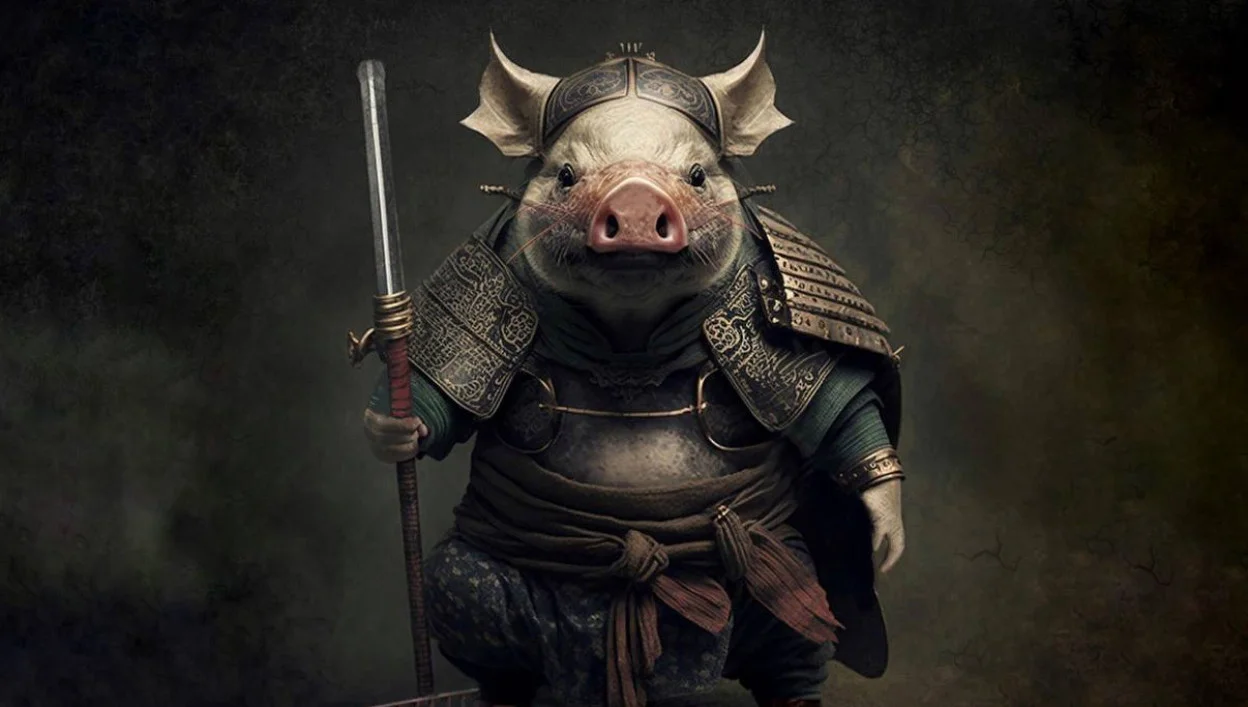
Tata Oleinik. Book Altraum IV "Master of Butterflies"
In the world of literature, there are corners seldom visited by literary critics, places where awards aren't handed out, yet they are teeming with life, albeit of a somewhat specific nature. Since the advent of the internet, anyone who has learned to spoil blank sheets of paper (or type on a computer keyboard) now has had the ability to self-publish their genius works online, bypassing the gatekeepers of publishing houses and harsh literary critics. This has enriched the world of the written word with many innovations, including entirely new genres that now boast substantial fan bases. Top authors on popular web literature platforms certainly can't complain about a lack of attention.
In the Russian-speaking segment of web literature, the scene is just as vibrant as in the English-speaking world. Even second-tier authors can make a decent living and support their families with the income from their literary endeavors. Web literature is often released in series, with a single story typically spanning 5-6 volumes, although some series extend to thirty volumes. Works are published in chapters or installments that authors release daily or on a more or less regular basis. Readers subscribe to these new book installments and pay for them, providing the lion’s share of revenue to authors venue. This is because successful completed, books quickly find their way onto free pirate websites, and only the most law-abiding and loyal of readers will buy a book that they can get for free. Readers also have the option of bestowing their favorite authors with monetary rewards to encourage their continued productivity and creative passion.
There are also quite a few Kazakhstani web writers on Russian-language platforms, with perhaps the most famous being Danjar Sugralinov. His multi-volume "Disgardium" series, written in the LitRPG genre, enjoys immense popularity among readers.
Fanfiction (Fanfic)
This genre involves a complete rewrite of any well-known book, series, or movie. You didn’t like that Jaime and Cersei died? You always sympathized more with Voldemort than the scarred kid with a lightning bolt on his forehead in "Harry Potter"? Do you really wish Jane Austen had written more than just six novels, before she passed away two hundred years ago? No worries, fanfiction or "fan-created literature" can bring all your dreams to life. No author's rights, no respect for the original plot, and often a complete disregard for grammar and spelling, but your favorite characters are back with you, sometimes even in versions that garner even greater sympathy. Perhaps the most famous fanfic in the world is "Scarlett" by Alexandra Ripley, written in 1991. Ripley couldn't accept that the author left the characters of "Gone with the Wind" with a less than happy ending, so she created her own continuation of the story. In literary terms, it was a complete disaster, but millions of undemanding "Gone with the Wind" fans welcomed "Scarlett" with open arms. Something is better than nothing.
What to read:
1. Cheerful Demiurge "Game of Thrones: Jon Snow".
2. Kind Voldemort "Dark Lord Cassius Malfoy".
3. Zang "Naruto: Bloody Shadows of War"."
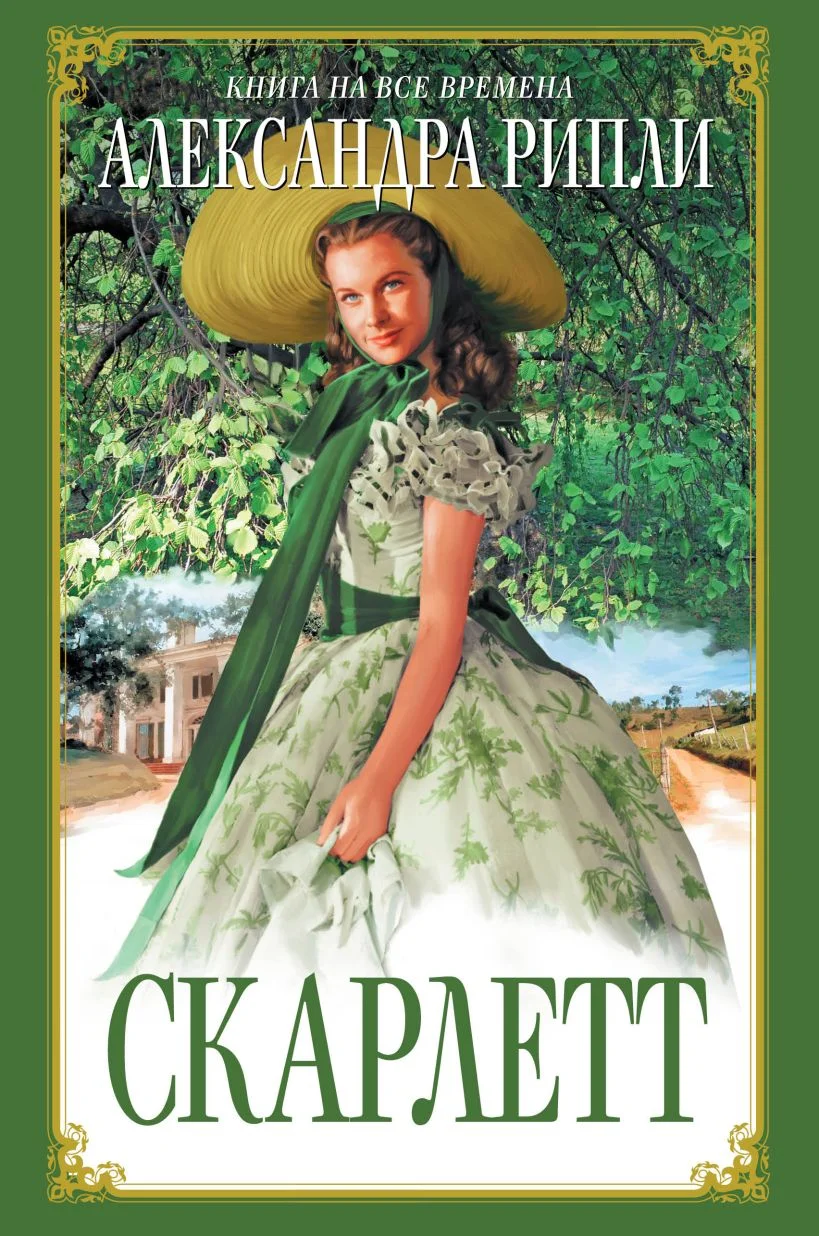
Alexandra Ripley. "Scarlett"
LitRPG
LitRPG, or Literary Role-Playing Game, is a genre where the protagonist becomes a part of a computer game world and lives within it. Sometimes, they are unable to exit the game due to a severe illness, relying on the game to cover their medical expenses. Other times, players find themselves trapped within the game world due to a software malfunction. In some cases, the heroes are prisoners meant to be punished and reformed by the game's challenges.
However, in many LitRPGs, the hero does have the option to leave the game, though this reduces the intensity of the adventure. Regardless of the circumstances, these stories often involve the hero wielding a sword, mastering magical spells, and embarking on quests, like slaying dragons. However, before confronting such formidable foes, it's common for the hero to begin their journey by practicing on smaller creatures, leveling up, increasing their strength and intelligence, learning new combat techniques and spells, accumulating wealth, and acquiring equipment. These elements, along with numerical indicators tracking the hero's progress, are essential components of many LitRPG narratives.
To those unfamiliar with the world of computer gaming, the terminology and concepts in LitRPG books may appear perplexing. Phrases like 'Iol, you’ve been pwned , noob' are commonplace in this genre. However, avid gamers tend to thoroughly enjoy these stories.
If you're interested in exploring the LitRPG genre, here are some recommended reads:
1. "Valdira" by Dem Mikhailov
2. "Disgardium" by Daniyar Sugralinov
3. "Altraum" by Tata Oleynik."

Daniyar Sugralinov. "Dishardium".
RealRPG
RealRPG is very similar to LitRPG but with one key difference. In LitRPG, the hero enters the game world, while in RealRPG, the game invades the real world. While everyone was peacefully asleep, portals opened in the sky, and monsters began pouring out. Ninety percent of the population turned into ravenous zombies. Welcome to the world of the system, dear level-zero mage! Be cautious when opening the refrigerator; a venomous hyena spider might be inside. It's better not to venture into the bathroom until you've reached at least the fifth level and learned the "Fireball" spell... In essence, it's the same description of life in a game, but now the game is real! RealRPG is usually much bloodier than LitRPG and is written with more grit, although there are exceptions.
What to Read:
1. Artem Kamenisty's "Alpha."
2. T.A. Aitbaev's "Hunter."
3. Oleg Sapfir's "A Sociopath’s Ideal World."
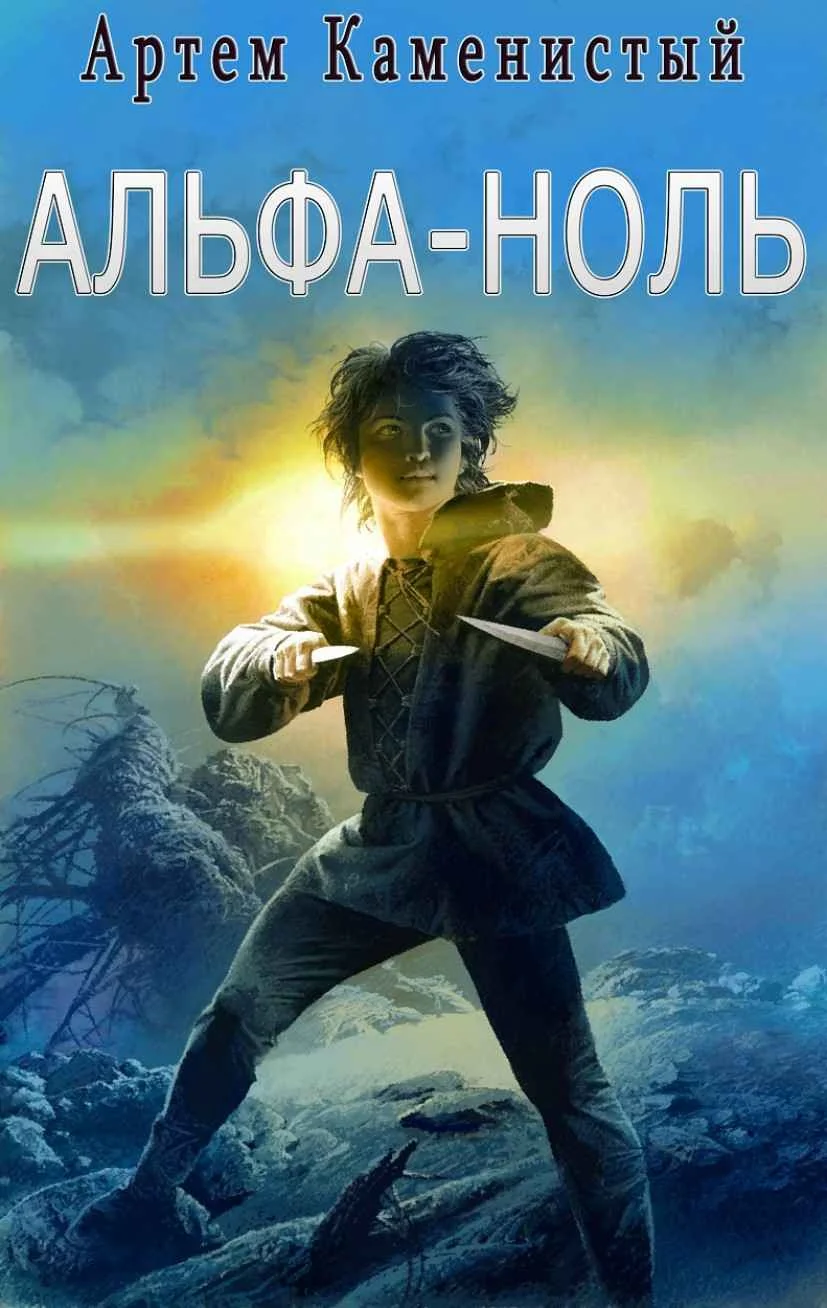
Artem Kamenisty. "Alpha Zero".
Isekai
This genre is the basically written version of Japanese manga and anime that migrated to the world of literature. In Isekai, the hero is transported to another world, often after being hit by a truck or waking up in someone else's body with fragments of their memories. This new world is typically magical or techno-magical, and the hero discovers extraordinary abilities, makes friends, battles enemies, and experiences all the usual adventures. What sets this genre apart is that it usually incorporates a Japanese cultural backdrop, as it originally emerged in Japan.
What to Read:
1. Abi Zulkharnai-Daulen's "Naruto - Blue Drops."
2. Kiriko Kiri's "A World Where I'm Unwelcome."
3. Nikolay Metelskiy's "The Mask."
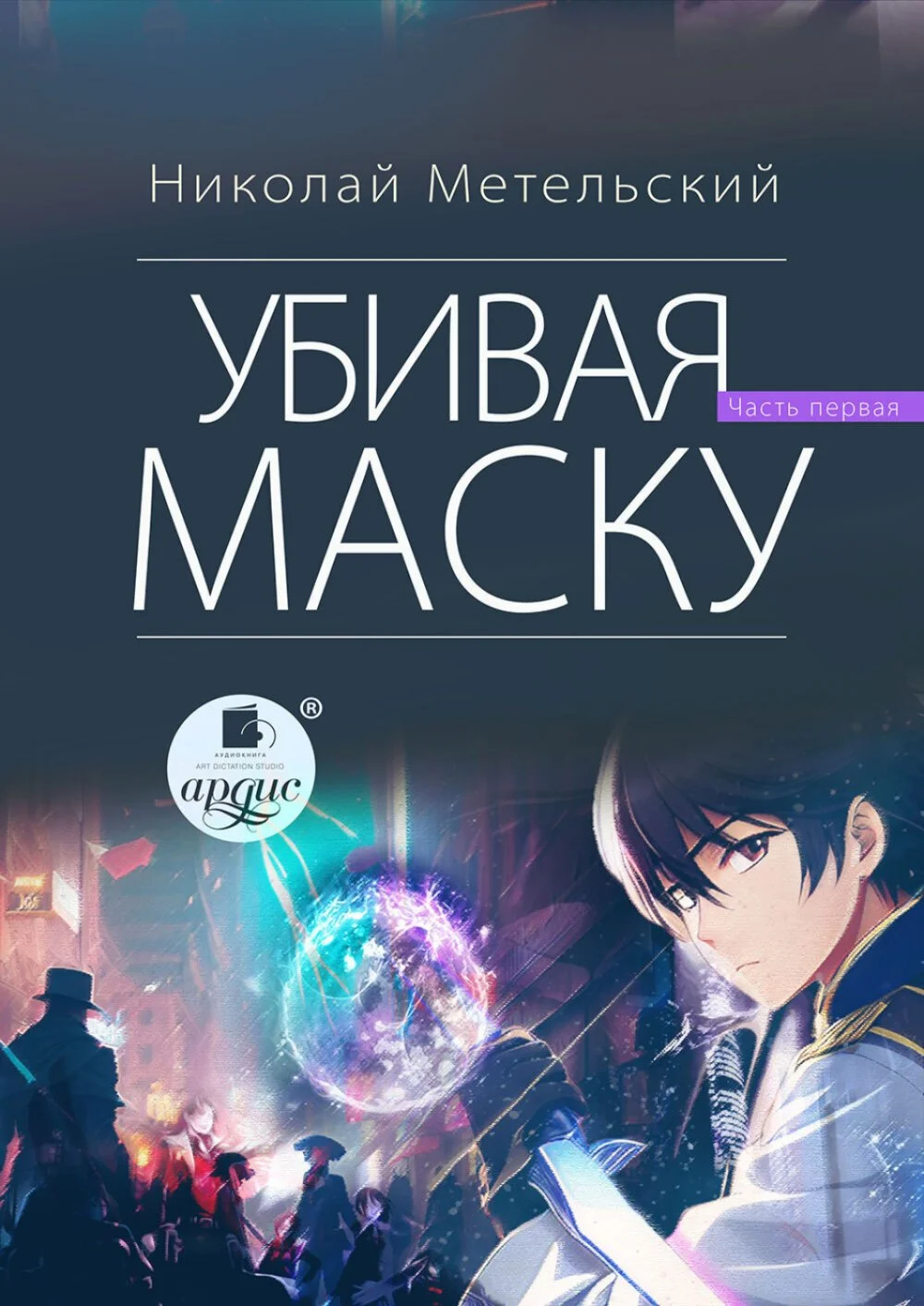
Nikolai Metelsky. "The Mask".
Boyaranime
The Russian-speaking audience has its own genre known as 'boyaranime.' In this genre, the protagonist either originates from or somehow finds themselves in a world reminiscent of the Russian Empire from a parallel reality. This world is a mix of magic, steampunk, airships, crinoline dresses, lasers - basically, anything you can imagine, as it's all part of a parallel reality.
The protagonist's newly adopted clan engages in battles with other clans, such as the Tohtamysh Khan, Princes Volkonsky, Hetman Mazepa, or various Sheremetev Counts. Our hero is typically a teenager who has much to learn, including mastering magic, shooting infrared bombs from their eyes, accumulating chi energy, and repairing airplanes. As a result, they enroll in a school where they sit at the same desk as their blood enemies, who will go to great lengths to persecute them. However, the hero ingeniously prevails over their adversaries. That’s the basic premise.
For those interested in exploring this genre, here are some recommended reads:
1. 'Mortal from the Valevsky Clan' by Vasily Mahanenko
2. 'Count Suvorov' by Ivan Shaman
3. 'The Arrival of the God of Death' by Dmitry Dornichev."
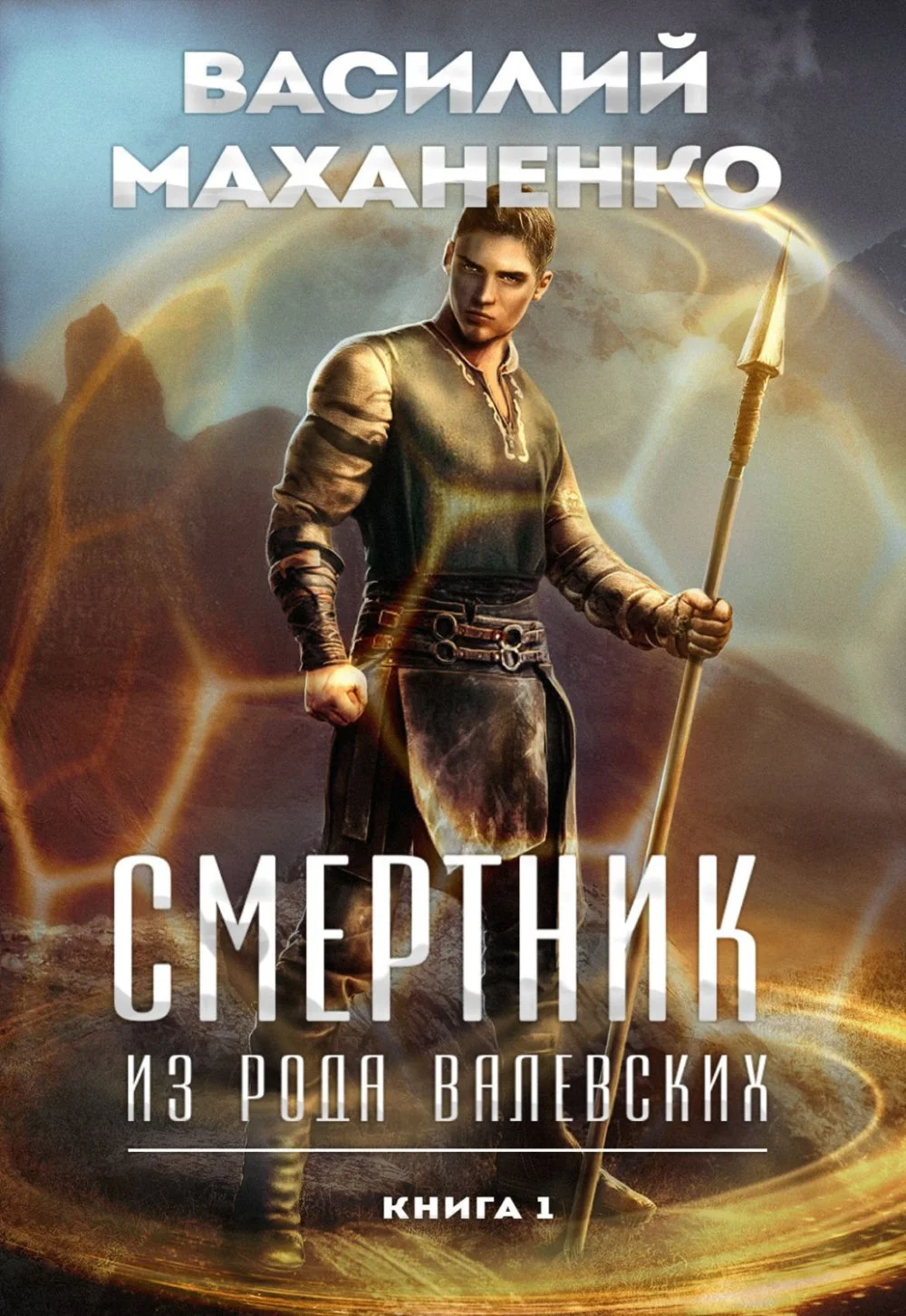
Vasily Makhanenko. "A suicide bomber from the Valevsky family."
Post-Apoc (Post-Apocalypse)
Also referred to as "post-apocalypse," this genre explores a world that has undergone a catastrophic collapse. Cities lie in ruins, mutant rats lurk in the basements, and humans—alongside androids, sentient crocodiles, or aliens—have become adversaries. In this desolate setting, we encounter our hero in dire circumstances, occupying the lowest rung of society. However, after enduring trials involving fire, water, blood, tar, and digital hallucinations, armed with their trusty plasma gun, they manage to carve out a place for themselves beneath the remnants of the former sun.
What to Read:
1. "The Last Arena" by Sergey Grekov
2. "Autem" by Alexander Kronos
3. "S-T-I-K-S" by Rinat Taktarin

Sergei Grekov. "The Last Arena"
Academy (Akademka)
While predominantly considered a genre targeted at young females, academy-themed stories enjoy immense popularity. (For instance, the renowned "Twilight" series exemplifies the academika genre.) These stories typically feature a beautiful heroine who attends a school, whether it's a magical institution, a noble maiden's institute, or a college for space pirates—it doesn't really matter. At school, she contends with enemies who subject her to various forms of mistreatment. Then, there's the main scoundrel, often the planet's heir apparent, the supreme elf, a hidden werewolf, a vampire, a humanoid cactus, or some other intriguing and mysteriously attractive character. Initially, he treats the heroine poorly, or she believes he does, but in reality, he's protecting her from harm. Alternatively, he might genuinely start off as a villain but later redeems himself and changes his ways. The love-hate dynamic between the heroine and the main scoundrel takes up a significant portion of the story, with the remainder devoted to unjust teachers, lessons, descriptions of outfits, and magical dances. Girls love it, and even grown-up girls find it appealing.
What to Read
1. "Academy of Evil" by Olga Khusainova
2. "Witchling on the Fly" by Daria Gusina
3. "Credit in Creatureology" by Svetlana Narvatova
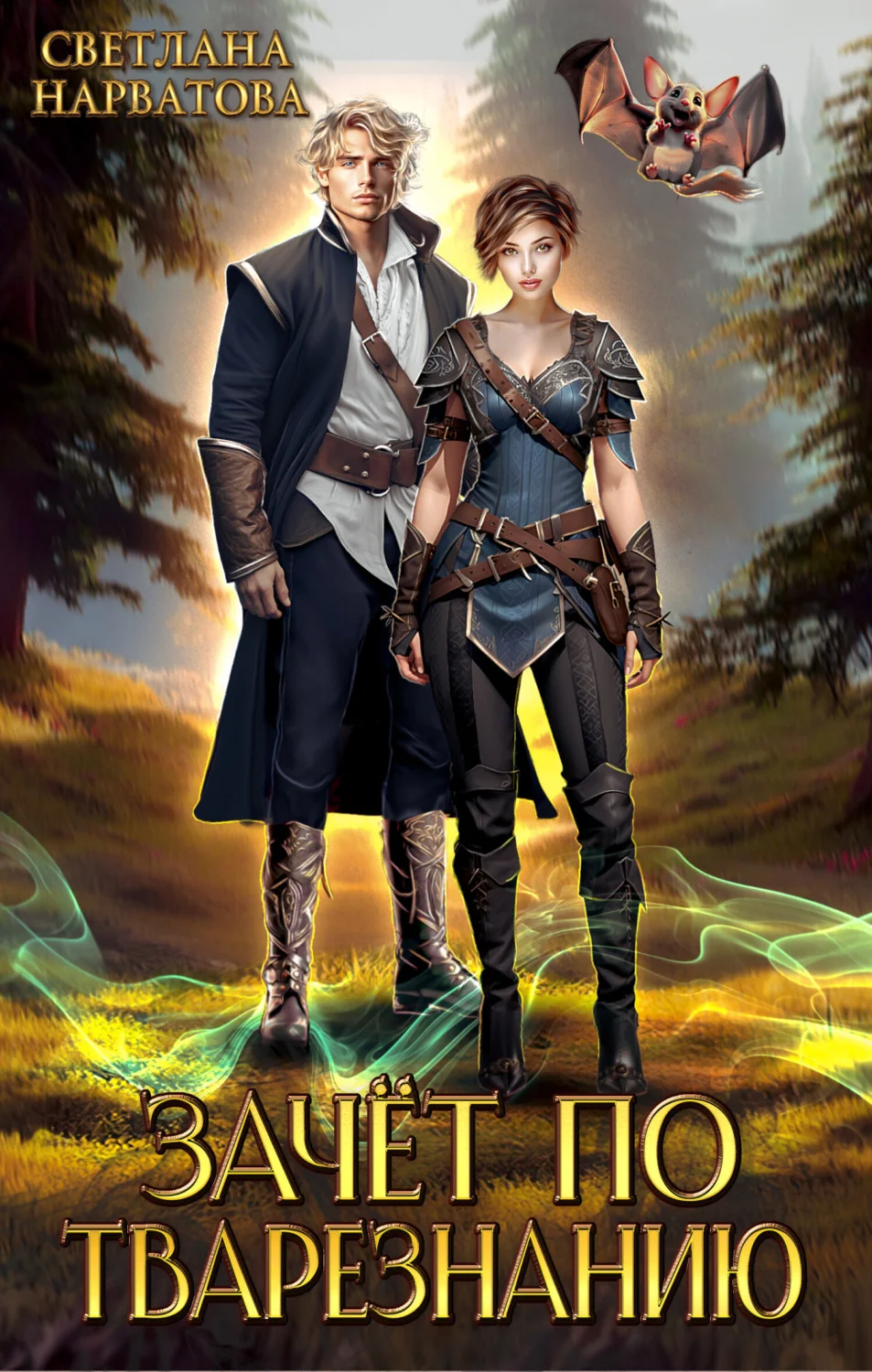
Svetlana Narvatova. "Exam for creature science".
Harem
More of an element within genre construction than a standalone genre, the harem genre revolves around one hero and several beauties vying for his attention, which he occasionally bestows upon them. Often, harem stories are intertwined with explicit eroticism, although they can also be entirely innocent. There are virtually no independent works in this genre; instead, books are usually labeled something like "Boyaranime, RealRPG, Harem" or "Post-Apoc, Harem, 18+." And everyone gets the gist of it.
What to Read:
1. "Senior High School Gakko" by Evgeniy Alexeyev
2. "Psimag" by Sergey Efanov
3. "Eternal War" by Sergey Karelin and Kai Hansi

Sergei Efanov. "Psimag".